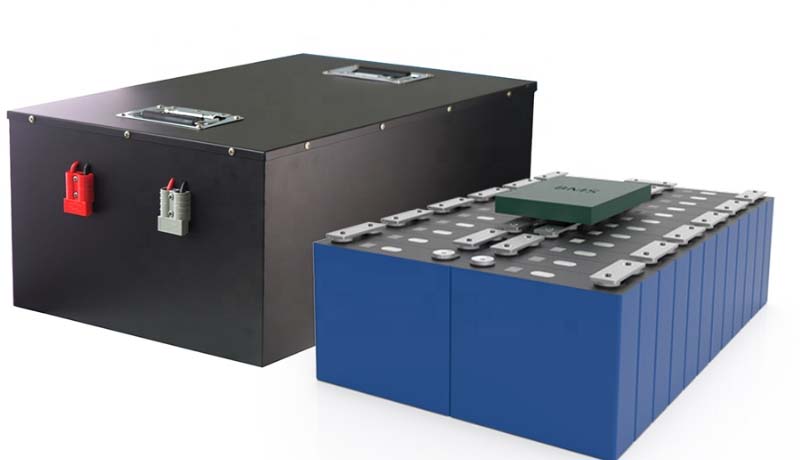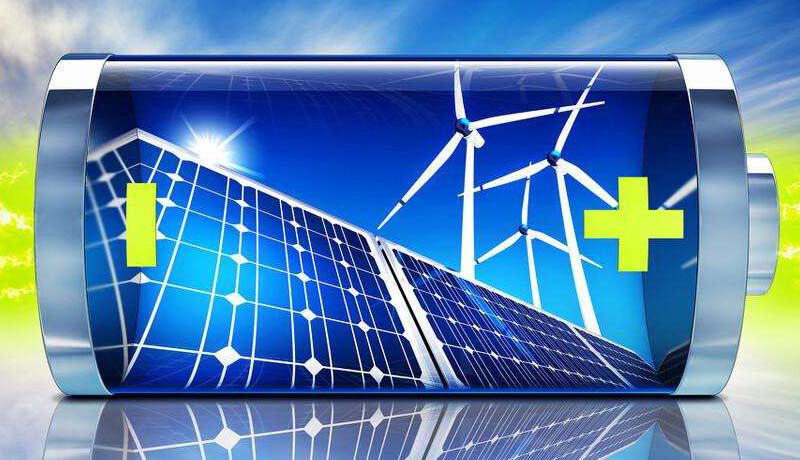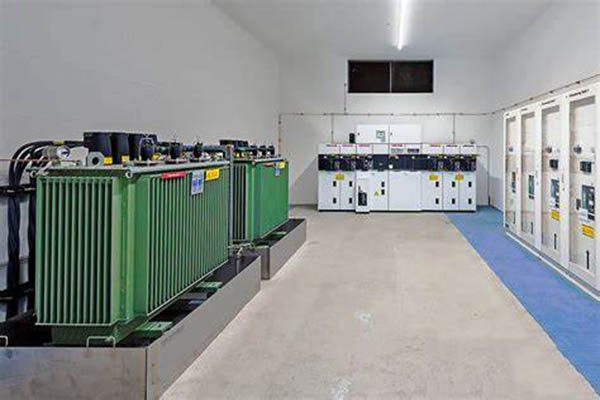Lithium ion and sodium ion batteries are both types of rechargeable batteries that have gained popularity in recent years due to their high energy density and ability to store large amounts of energy. They have a wide range of applications, including in electric vehicles, consumer electronics, and renewable energy storage systems.
The purpose of this blog post is to compare and contrast lithium ion and sodium ion batteries in terms of their energy density, cost, safety, environmental impact, and applications.
Comparison of lithium ion and sodium ion batteries
Energy density
Lithium ion batteries have a higher energy density than sodium ion batteries, meaning they can store more energy in a smaller space. This is one of the reasons why lithium ion batteries are commonly used in portable devices and electric vehicles, where space is a premium.
Cost
Lithium ion batteries are generally more expensive than sodium ion batteries. This is due to the fact that lithium is a rare metal and the process of extracting and refining it is costly. Sodium, on the other hand, is an abundant and easily accessible material, making it cheaper to produce.
Safety
Lithium ion batteries have a higher risk of catching fire or exploding if they are damaged or improperly handled. Sodium ion batteries, on the other hand, are considered safer because they have a lower risk of thermal runaway, a phenomenon where a battery’s temperature rapidly increases, leading to a fire or explosion.
Environmental impact
Lithium ion batteries have a higher environmental impact than sodium ion batteries due to the environmental damage caused by mining lithium and the potential for pollution if the batteries are not disposed of properly. Sodium ion batteries, meanwhile, have a lower environmental impact due to the abundance of sodium and the fact that it is easier to recycle the materials.
Applications
Lithium ion batteries are widely used in consumer electronics, electric vehicles, and renewable energy storage systems. Sodium ion batteries, however, are still in the early stages of development and are not yet widely available commercially.
Advantages of lithium ion batteries
High energy density
One of the main advantages of lithium ion batteries is their high energy density, which allows them to store large amounts of energy in a small space. This makes them ideal for portable devices and electric vehicles, where space is a premium.
Widely used in consumer electronics
Lithium ion batteries have been used for many years in consumer electronics, such as laptops and smartphones. This has led to a wide availability of the batteries and a mature supply chain, making them cheaper and more readily available.
Long life span
Lithium ion batteries have a long life span, typically lasting for several years before needing to be replaced. This is an important factor to consider when choosing a battery for long-term energy storage.
Advantages of sodium ion batteries
Lower cost
Sodium ion batteries are cheaper to produce than lithium ion batteries because sodium is an abundant and easily accessible material. This makes them an attractive option for large-scale energy storage systems.
Abundant and easily accessible materials
Sodium is an abundant and easily accessible material, making it cheaper to produce and more sustainable than lithium.
Potential for large scale energy storage
Sodium ion batteries have the potential to be used in large scale energy storage systems, such as grid storage and electric vehicle charging stations.
Disadvantages of lithium ion batteries
Cost
One of the main disadvantages of lithium ion batteries is their cost. Lithium is a rare metal, and the process of extracting and refining it is costly. This makes lithium ion batteries more expensive than other types of batteries.
Safety concerns
Lithium ion batteries have a higher risk of catching fire or exploding if they are damaged or improperly handled. This can be a concern for large scale energy storage systems, as well as for consumer electronics and electric vehicles.
Environmental impact
The environmental impact of lithium ion batteries is a concern, as mining lithium can cause damage to the local ecosystem and the disposal of used batteries can lead to pollution.
Disadvantages of sodium ion batteries
Lower energy density
Sodium ion batteries have a lower energy density than lithium ion batteries, meaning they cannot store as much energy in a smaller space. This can make them less practical for certain applications, such as portable devices and electric vehicles.
Less mature technology
Sodium ion battery technology is still in the early stages of development, and there are currently fewer commercial options available compared to lithium ion batteries.
Limited commercial availability
Sodium ion batteries are not yet widely available commercially, which can make them less accessible for some users.
Conclusion
In conclusion, both lithium ion and sodium ion batteries have their own advantages and disadvantages. Lithium ion batteries have a higher energy density and are widely used in consumer electronics and electric vehicles, but they are more expensive and have a higher risk of safety issues. Sodium ion batteries, on the other hand, are cheaper and have a lower environmental impact but they have a lower energy density and are less mature technology.
As the technology of sodium ion batteries evolves, it is expected to have a higher energy density and a larger scale of commercial availability.
It is worth noting that as the demand for renewable energy storage systems increases, the development of batteries that are both low cost and safe will be necessary. Therefore, research and development in both lithium ion and sodium ion batteries will continue to be important in order to meet these growing needs.




